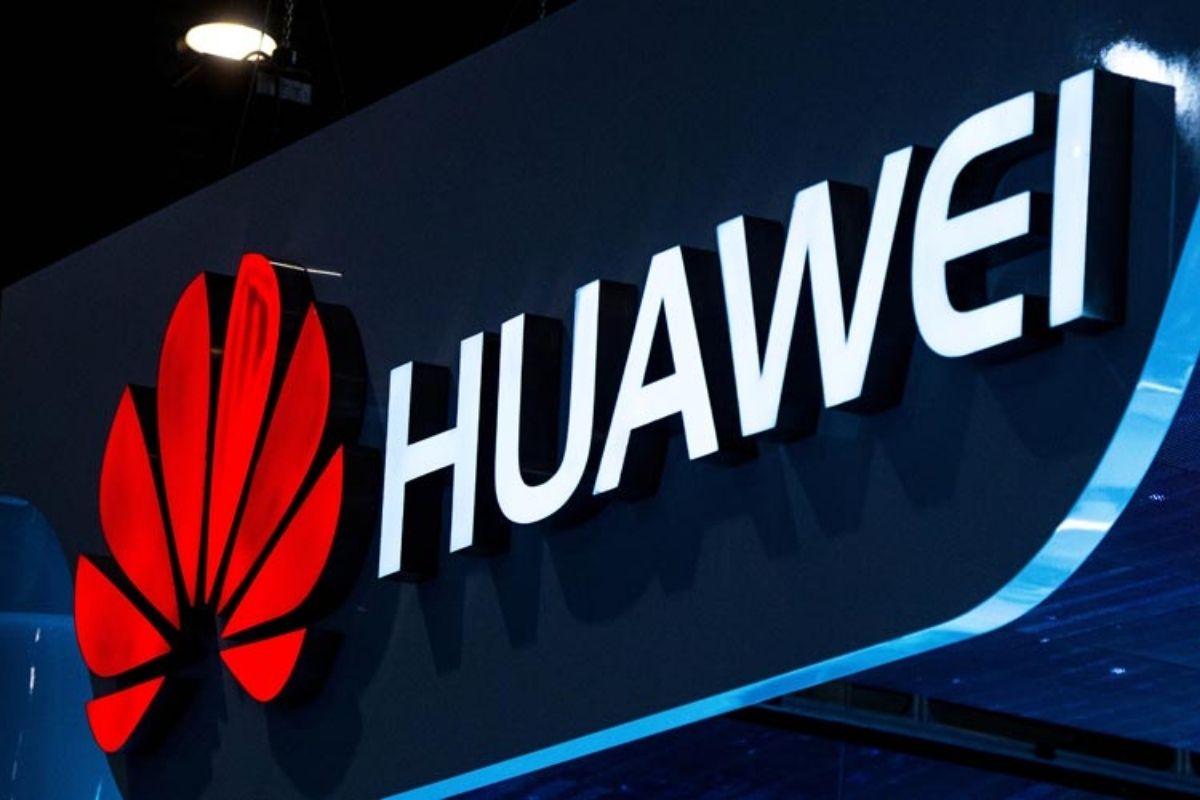Portugal’s Cybersecurity Council (CSSC) has taken a significant step towards formally prohibiting telecom operators from utilising Chinese equipment in their high-speed 5G mobile networks, as well as the 4G platforms that support the new technology. The CSSC, which serves as the prime minister’s consultative body, released a resolution on May 23 that deals a blow to Chinese tech giant Huawei’s aspirations to penetrate the Portuguese 5G market and potentially expand existing contracts, said a Reuters report.
Last August, a law was passed granting the government authority to determine the “exclusion, restrictions on use, or the cessation of use of equipment or services” by telecom companies, while setting conditions and deadlines for operators to comply.
Portugal’s major operators, Altice, NOS, and Vodafone, have already announced their decision not to employ Huawei’s equipment in their 5G core networks. This move aligns with concerns expressed by both European and U.S. authorities regarding the involvement of Chinese entities in critical infrastructure and its potential impact on security. Beijing and Huawei have consistently denied these allegations. Currently, Portugal’s 5G networks are not standalone and predominantly rely on 4G technology and equipment.
Read More – Huawei Reports Modest Revenue Increase Despite US Sanctions
Although the CSSC refrained from mentioning China or any specific Chinese suppliers, it issued a warning about the “high risk” posed by suppliers or providers based in countries where the government exercises control, interference, or pressure on their activities in third countries.
The CSSC’s opinion is based on an undisclosed report that assesses the safety of equipment in public electronic communications networks involving 5G technology. Additionally, the council emphasized security risks associated with suppliers based in countries that lack data protection agreements, cybersecurity agreements, or intellectual property protection agreements with Portugal or the European Union. It also mentioned the absence of membership in the EU, NATO, or OECD as potential red flags.
According to the report, Huawei responded to the CSSC resolution by stating that it had no prior knowledge of the decision and had not been consulted. The company expressed its intention to gather more information about the assessment and affirmed its commitment to serving its Portuguese clients.
The European region has become a battleground in the technology rivalry between Beijing and Washington. If Huawei were excluded, its European competitors, Ericsson and Nokia, could potentially establish a supplier duopoly.
With the CSSC’s resolution, Portugal joins other countries in scrutinising the role of Chinese equipment suppliers in their telecommunications infrastructure as they balance technological advancements and national security concerns.
Tanuja is a passionate technology and telecom buff who has been following the telecom industry for several years now.
Have a breaking news, inside story, scoop?
Write to us, your anonymity is our priority at news [at] telecomtalk.info
Want to be featured on TelecomTalk?
Send us your articles, stories, suggestions, feedback at news [at] telecomtalk.info
No I am working for TCS, why ?
Demand will mostly be in sub-6 GHz bands.. Also 5G CA on n78 2*100 MHz gave above 3.5 Gbps 3…
AirFiber is a misnomer. Actual fiber to home provides much better experience than this fixed wireless 5G service. So, if…
r u working for jio?
All I’m excited for is 5G air fiber and Jio 5g plans, would be interesting to see what they offer…
- Call +91 8888006677 / 9422147673
- purchasesharp@gmail.com
- Wakad, Pimpri-Chinchwad, Maharashtra 411033


